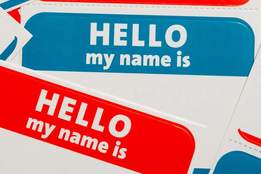1
a
: the whole amount, quantity, or extent of
needed all the courage they had
sat up all night
b
: as much as possible
spoke in all seriousness
2
: every member or individual component of
all men will go
all five children were present
3
: the whole number or sum of
all the angles of a triangle are equal to two right angles
4
: every
all manner of hardship
5
: any whatever
beyond all doubt
6
: nothing but : only
all work and no play
:
a
: completely taken up with, given to, or absorbed by
became all attention
b
: having or seeming to have (some physical feature) in conspicuous excess or prominence
all legs
c
: paying full attention with
all ears
7
dialect
: used up : entirely consumed
—used especially of food and drink
8
: being more than one person or thing
I don't know who all is coming.
1
2
obsolete
: only, exclusively
3
archaic
: just
4
: so much
all the better for it
5
: for each side : apiece
the score is two all
singular or plural in construction
1
a
: the whole number, quantity, or amount : totality
all that I have
all of us
all of the books
b
—used in such phrases as for all I know, for all I care, and for all the good it does to indicate a lack of knowledge, interest, or effectiveness
2
: everybody, everything
gave equal attention to all
that is all
: the whole of one's possessions, resources, or energy
gave his all for the cause
Love words? Need even more definitions?
Merriam-Webster unabridged











Share